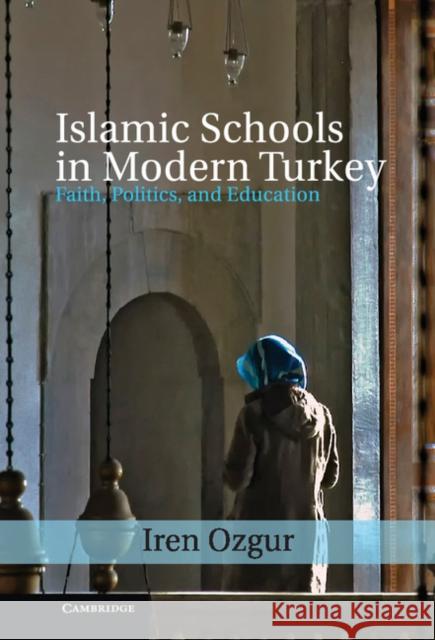Islamic Schools in Modern Turkey: Faith, Politics, and Education » książka
Islamic Schools in Modern Turkey: Faith, Politics, and Education
ISBN-13: 9781107024779 / Angielski / Twarda / 2012 / 256 str.
Islamic Schools in Modern Turkey: Faith, Politics, and Education
ISBN-13: 9781107024779 / Angielski / Twarda / 2012 / 256 str.
(netto: 286,26 VAT: 5%)
Najniższa cena z 30 dni: 300,57 zł
ok. 16-18 dni roboczych.
Darmowa dostawa!
In recent years, the Islamization of Turkish politics and public life has been the subject of much debate in Turkey and the West. This book makes an important contribution to those debates by focusing on a group of religious schools, known as Imam-Hatip schools, founded a year after the Turkish Republic, in 1924. At the outset, the main purpose of Imam-Hatip schools was to train religious functionaries. However, in the ensuing years, the curriculum, function, and social status of the schools have changed dramatically. Through ethnographic and textual analysis, the book explores how Imam-Hatip school education shapes the political socialization of the schools' students, those students' attitudes and behaviors, and the political and civic activities of their graduates. The book also examines the informal, but highly influential, modes of education, communication, and networking that appear in and around the schools. By mapping the schools' connections to Islamist politicians and civic leaders, the book sheds light on the significant, yet often overlooked, role that the schools and their communities play in Turkey's Islamization at the high political and grassroots levels. The book also provides comparative perspectives on Islamic movements by discussing the implementation of the Imam-Hatip school model in other countries, such as Pakistan and Afghanistan, which seek to reform their Islamic schools as a means to curb religious extremism.











